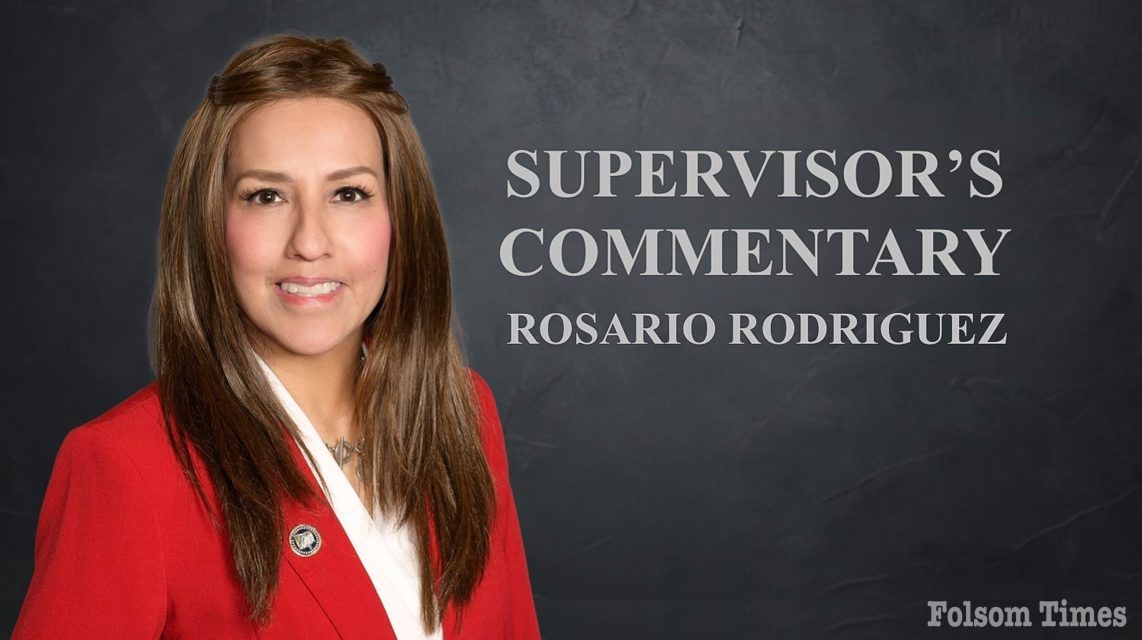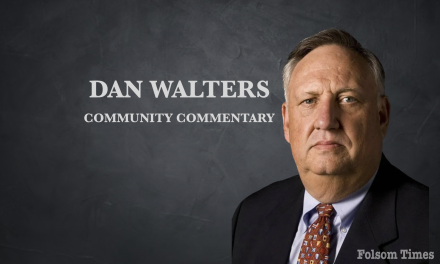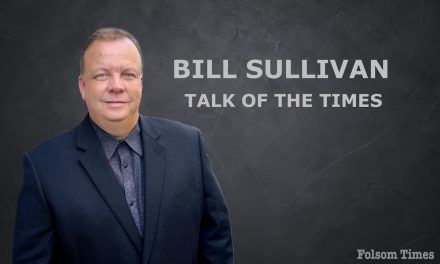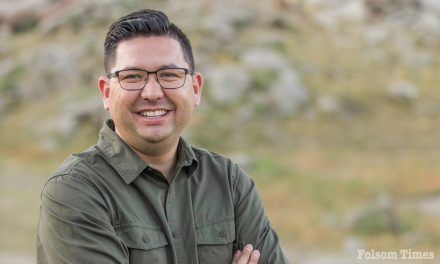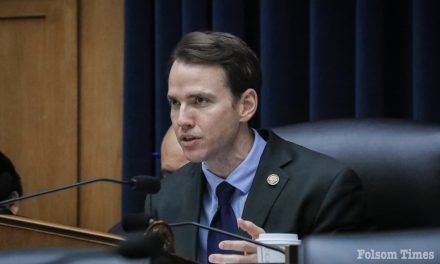Over the last several years, homelessness in Sacramento County has changed dramatically. Much of this began after a Ninth Circuit court decision made it essentially legal for people to camp on public property unless enough shelter beds were available. Cities and counties across the West Coast felt the impact, including ours.
Camps grew along our parks, trails, and the American River Parkway, and local governments were left with very limited tools to address it. COVID then intensified the problem. More people fell into crisis, service providers were stretched thin, and encampments expanded into places we had never seen before. Even when deputies and outreach teams worked to offer services, they were often stuck in a legal gray zone where enforcement was not permitted.
In 2024 the United States Supreme Court issued a ruling that reversed the old Ninth Circuit decision. For the first time in years, Sacramento County once again was able to enforce rules against camping on public property. The County immediately began work to restore safety and access to parks, open spaces, and trails while continuing to offer supportive services as the first step in every contact.
As enforcement on public land increased, many illegal encampments shifted to private property. Some owners posted signs or signed a “602 notice”, which allows the Sheriff’s Office to enforce trespassing laws when the owner is not present. But many owners do not have these notices, and the challenge becomes even more difficult on vacant parcels or when the owner lives far away and cannot be reached.
This created a frustrating situation for neighborhoods and law enforcement. Businesses cannot monitor their property around the clock, and deputies have limited authority without the proper legal tools. Meanwhile surrounding communities deal with the impacts that come with unmanaged camps, including trash, fires, unsafe conditions, and blocked walkways.
Early in my first year on the Board, I was briefed on this gap in our laws. I immediately began asking why the County could not step in on private property when an encampment created a clear nuisance or danger.
After raising these questions, I convened meetings with County Counsel and law enforcement to understand the underlying issue. Through that work we learned that the County already has a nuisance abatement process for hazardous conditions on private property, but illegal camping had never been formally connected to it.
This missing link is what we are now working to fix. On December 16 the Board of Supervisors will consider a change to the unlawful camping ordinance that closes this loophole. If adopted, it will allow the County to begin abatement when a private property owner is absent, unreachable, or unwilling to act, using the same nuisance abatement process that already exists for other dangerous conditions.
Law enforcement supports this update because it provides a clearer path to protect neighborhoods from blight and unsafe conditions. Deputies will continue to offer services first and help people connect with housing, mental health support, substance use treatment, and other resources. For individuals who refuse services and continue to seek ways around the law, our communities deserve stronger tools that keep neighborhoods clean and safe.
This ordinance is an important step in restoring order and accountability. I look forward to the Board’s discussion on December 16 and to continuing our work on solutions that support both public safety and public compassion.
If you’d like to share your thoughts or concerns with me, you can always reach my office at 916-874-5491 or email me at SupervisorRodriguez@saccounty.gov.
Rosario Rodriguez authored this community commentary. Rodriguez is the Sacramento County District 4 Supervisor, which includes the communities of Folsom, Rio Linda, Elverta, Antelope, North Highlands, Citrus Heights, Orangevale, Rancho Murieta, Sloughouse.
Copyright © 2025, Folsom Times, a digital product of All Town Media LLC. All rights reserved. No portion of this publication may be reproduced, distributed, or transmitted in any form or by any means, without the prior written permission of the publisher.
